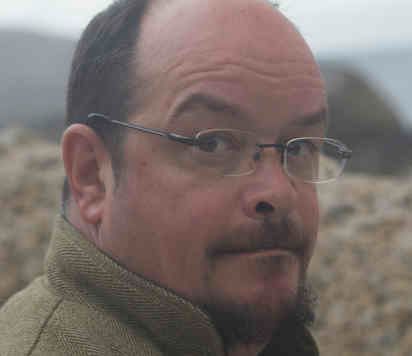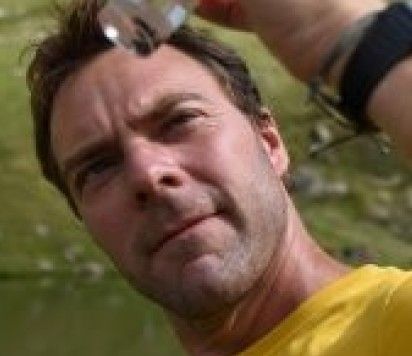
Recent years have seen extreme fires – both in historically fire-prone regions such as California, Australia and the Mediterranean, and in unexpected regions, including northern Sweden and the Arctic. These developments signal an extreme sensitivity of wildfire risk to the warming climate. Yet the drivers of wildfires are highly uncertain; the effect of human populations on wildfire risk is not well understood; and forecast skill is limited.
Researchers at the Leverhulme Centre for Wildfires, Environment and Society, including the Department of Life Sciences, the Department of Physics, Imperial Hazelab, the Data Science Institute, the Centre for Environmental Policy, the Business School and the School of Public Health, are working across multiple disciplines, in different regions across the world, to gather more comprehensive physical and social data and to develop better models – in order to achieve a more holistic understanding of fire and its future.
Key Academics
Prof. Colin Prentice, Department of Life Sciences, Faculty of Natural Sciences
Prof. Guillermo Rein, Department of Mechanical Engineering, Faculty of Engineering
The Story of Silwood Park
Dive into the last 75 years of world-leading research in ecology, evolution and conservation at Silwood Park in our new Story.

